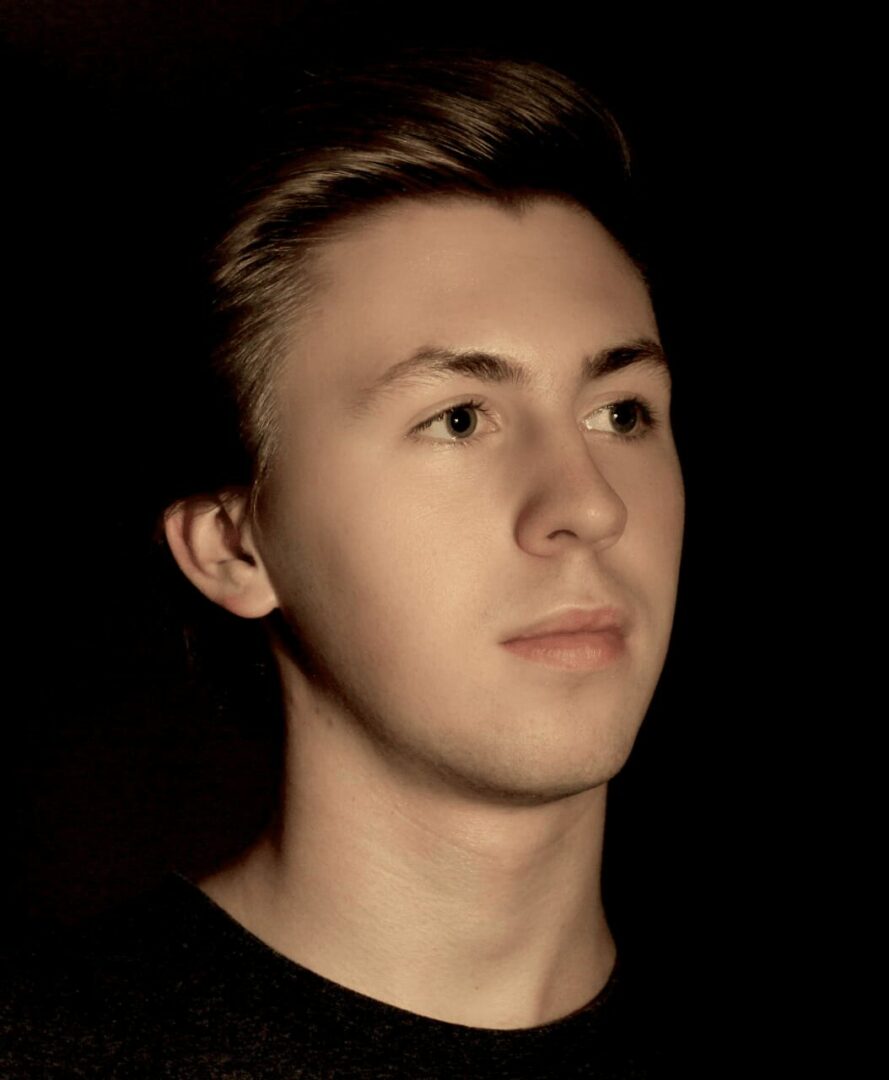We were lucky to catch up with Ruslan Khromin recently and have shared our conversation below.
Ruslan, thank you so much for taking the time to share your lessons learned with us and we’re sure your wisdom will help many. So, one question that comes up often and that we’re hoping you can shed some light on is keeping creativity alive over long stretches – how do you keep your creativity alive?
My inspiration always comes from within: my past experiences, fears, and even dreams. Sometimes, I have the craziest visions at night and later only remember parts of them, yet certain ideas stick with me, and I always try to jot them down on a piece of paper or in my Notes app before they disappear.
At times, my dreams get bland, and I turn to another source of creativity—teenage angst. I would advise every aspiring artist to draw ideas from their fears, which make up one of the most personal and sincere parts of our consciousness. A year and a half ago, I stood in the shower thinking about how divided, culturally and politically, the world has gotten recently. Every year brings a new war, regional crisis, or political unrest. That was my fear—the fear of growing up in a highly uncertain and turbulent world. After showering, I went to my room and wrote a new screenplay for a short film. The story follows Mark, an arrogant teenager who accuses his roommates of stealing cash from his lockbox. In one evening, their seemingly solid friendship breaks apart. It’s a simple narrative, but it derives from my deepest concerns about modern society, where people often fail to listen or feel empathy for each other.
It might be a hot take, but what I would strongly discourage is drawing inspiration from the works of others. It’s often a dangerous path to imitation and unoriginality. Whenever an idea arises, ask yourself, “Did I come up with this because I’ve seen a movie or read a book on a similar topic?” If it’s true, consider if you can say something new about an already familiar issue. Why is it important, and do you have enough knowledge or life experience to tackle it? The best stories are the most personal ones—originality is crucial. I make movies to deal with my fears and burning questions and to comfort people who can relate to them. I never make movies because I want to be “as good” as Lynch or Tarantino. I know I’ll never be “as good” as any other director because everyone has their unique style. Imitation is pointless.
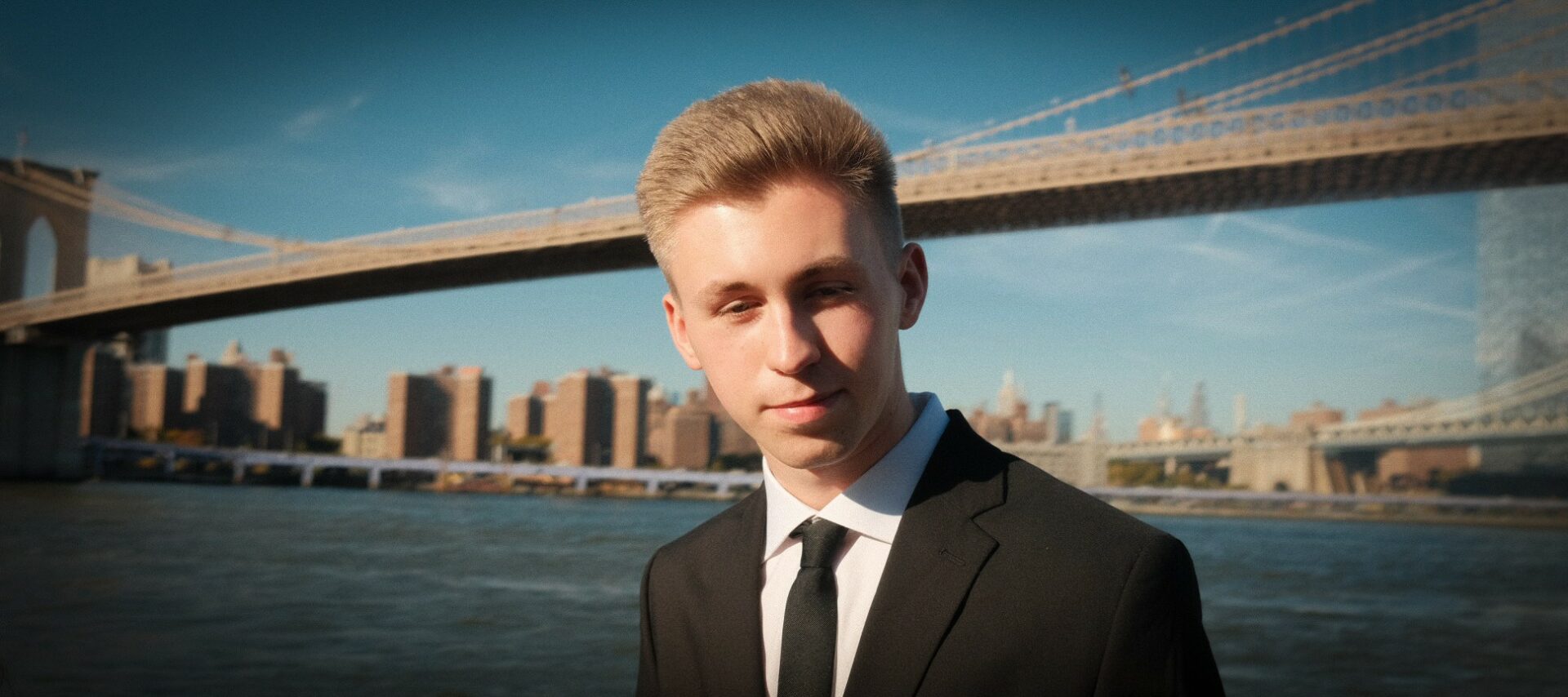
Thanks, so before we move on maybe you can share a bit more about yourself?
When movie theaters around the world locked their doors, I transformed my bedroom into a cinema hall. The 300 films I’ve watched in 2 years crisscrossed the continents and spanned the centuries. Directors like Andrey Tarkovsky, Abbas Kiarostami, and filmmakers of the Czechoslovak New Wave were the real eye-openers, making me sit in the dark, slack-jawed, wondering, “How weren’t they afraid to tell such audacious stories about their countries?” These incendiary films proved to me that even in ossified societies like Russia, where I lived at the time, creative freedom can still shine through.
Emboldened, I picked up my dad’s old camera and discovered a new hobby—filmmaking. For months, the light in my bedroom wouldn’t shut off until midnight as I tirelessly scribbled new ideas in my notebook and played around with my footage on the iMovie timeline. A mockumentary about rigged elections and a YouTube late-night show with scathing political jokes—those are only a few of the works that came out of my filmmaking laboratory.
In 2023, seeking an environment where my ideas would be heard and appreciated, I went to study film in an arts boarding school in California. My most recent films are A Room Divided, a narrative drama, which was selected for the All American High School Film Festival; and Time, an experimental film about my emigrant experience, which reached the screens of Estonia’s Koolifilm Fest.
Traveling across more than 20 countries since early childhood, I’ve seen so many creative people with wonderful ideas struggling to break through the lack of funding and the indifference of local production agencies. My post-college goal is to launch a production company that would support independent directors in underrepresented countries, giving every aspiring filmmaker with a unique voice a camera and a platform to speak out.
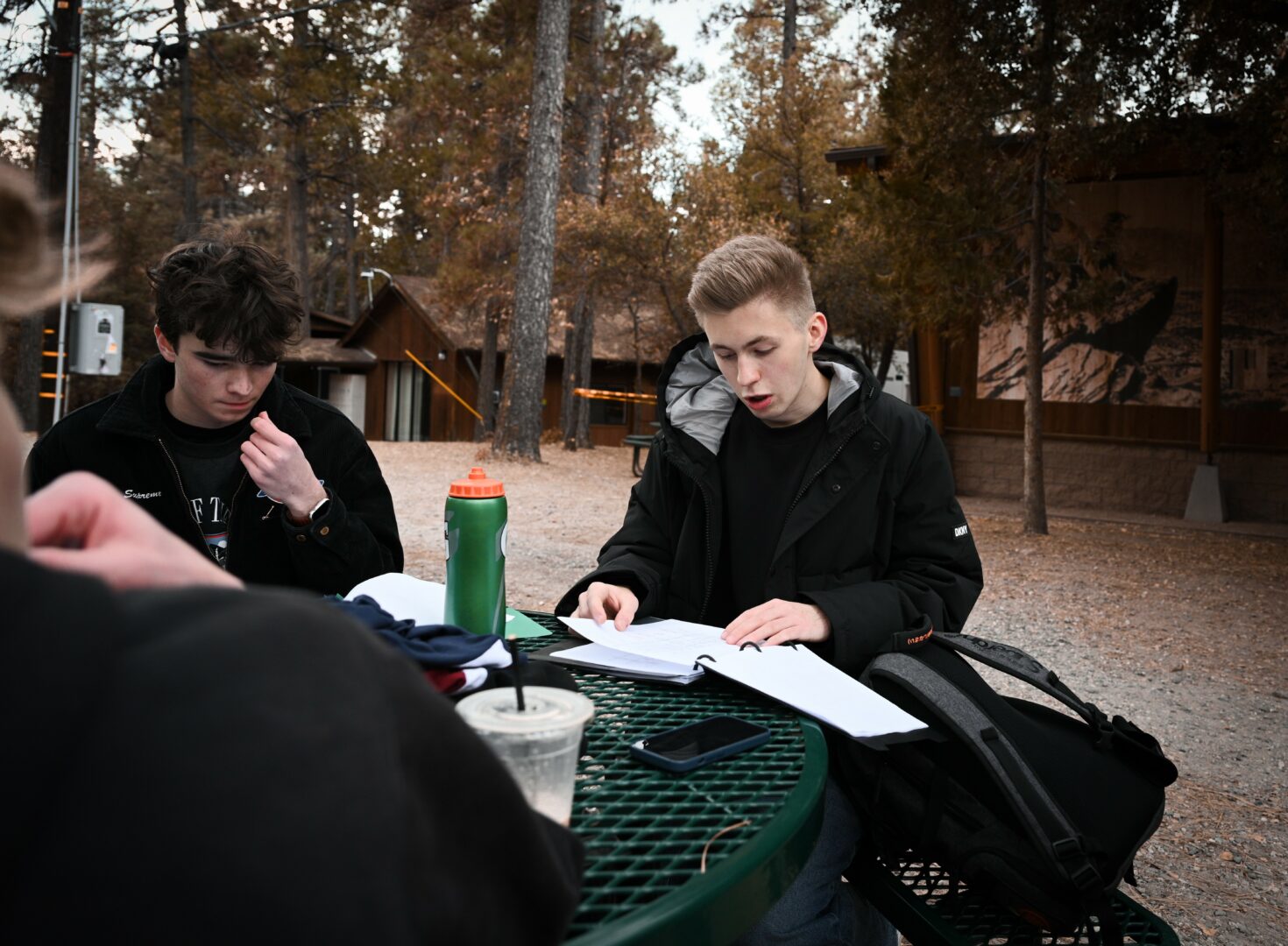
Looking back, what do you think were the three qualities, skills, or areas of knowledge that were most impactful in your journey? What advice do you have for folks who are early in their journey in terms of how they can best develop or improve on these?
Intellectual curiosity is essential whether you are an aspiring entrepreneur, a young filmmaker, or a software engineer. One day, you’ll have to pitch yourself, and others will be more likely to invest in you if you come across as well-rounded and eloquent. Read more books, follow the news, and study history. Notice how erudite and well-read journalists are. Their job requires inquisitiveness, giving them a superpower to keep up any conversation. Follow this advice, and you will be the smartest person in the room.
Audacity is crucial in the early stages of your career. Once, I was given an opportunity to produce a short student film. Did I know much about producing? Absolutely not! Yet I said yes right away—make hay while the sun shines. Little did I know that producing had always been one of my hidden talents. The path to success is full of trial and error, and rewards only come to those brave enough to leave their comfort zones.
Don’t underestimate public speaking skills. At my high school, I’ve seen dozens of student film pitches and presentations. Most of them flop because speakers fail to engage the audience: they read from the slides, avoid eye contact, and get tangled in their thoughts. A successful presenter always talks directly to the audience—slides are only for visuals. There is, however, no universal formula for how to nail public speaking skills. Some find it useful to rehearse in advance, while others are more comfortable improvising. No matter what side you pick, never be afraid to speak up, even if it’s not your first language and you make mistakes. The audience doesn’t care if you mispronounce words or use a wrong expression as long as they’re engaged.
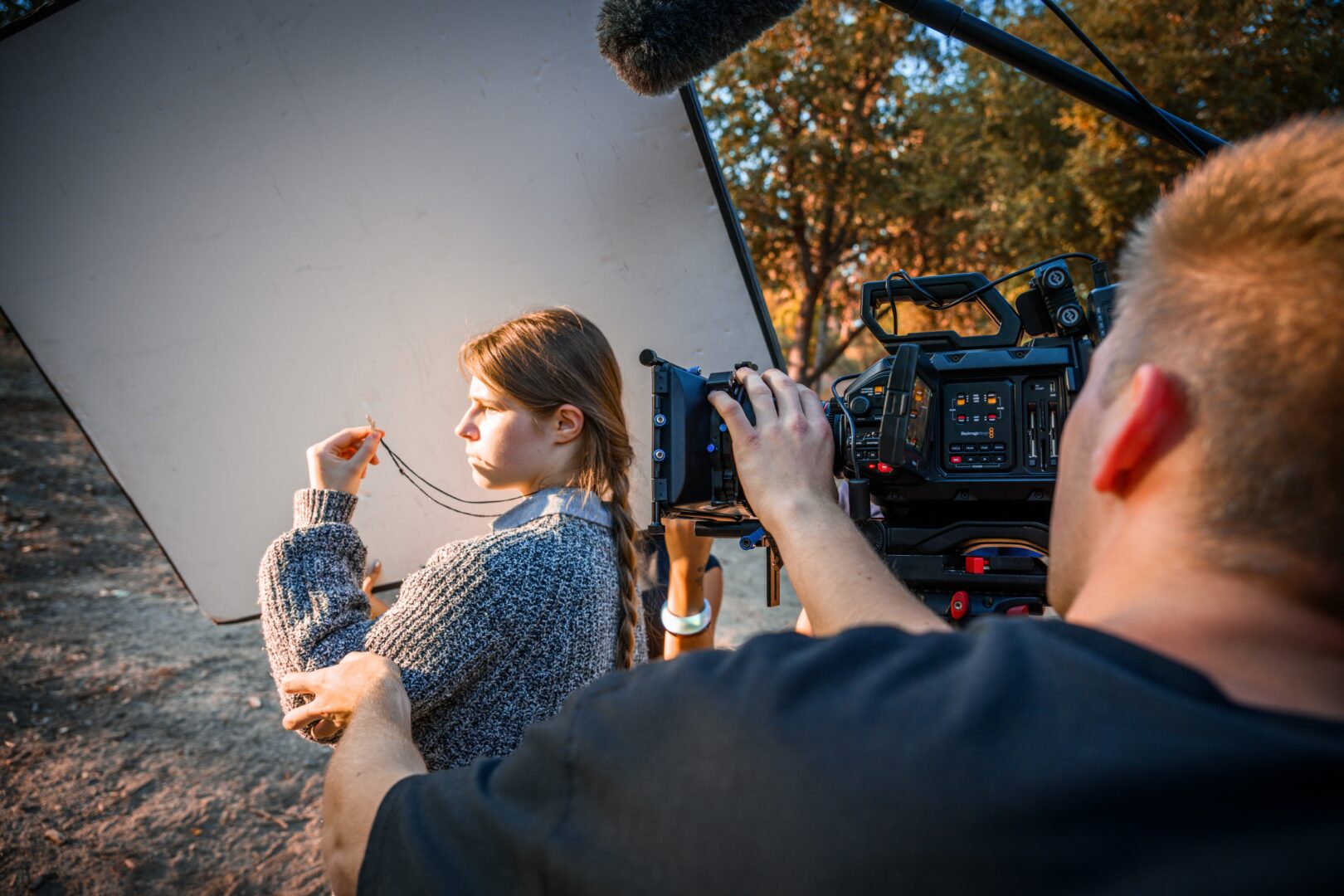
Before we go, any advice you can share with people who are feeling overwhelmed?
Allow yourself some time to rest and take it easy. We often underestimate the value of taking breaks, overworking ourselves, burning out, and losing productivity. The key to success is a balance between work and rest. Whenever I face writer’s block or feel down because of external pressure, I put my work aside and go for a walk. Fresh air and movement help my brain recharge, and once I go back to my commitments, I feel a hundred times more productive. That’s my strategy. For some people, sleeping or watching movies is more helpful. Either way, it’s all about letting your brain forget about work for a while and focusing on other things. Also, setting priorities is crucial. People who say that every task is equally important to them are lying. There’s always number 1 and number 2—prioritize what’s critical.
Contact Info:
- Website: https://ruslankhrominfilm.my.canva.site/
- Instagram: https://www.instagram.com/russellkhromin/
- Linkedin: https://www.linkedin.com/in/ruslan-khromin-3960a6313
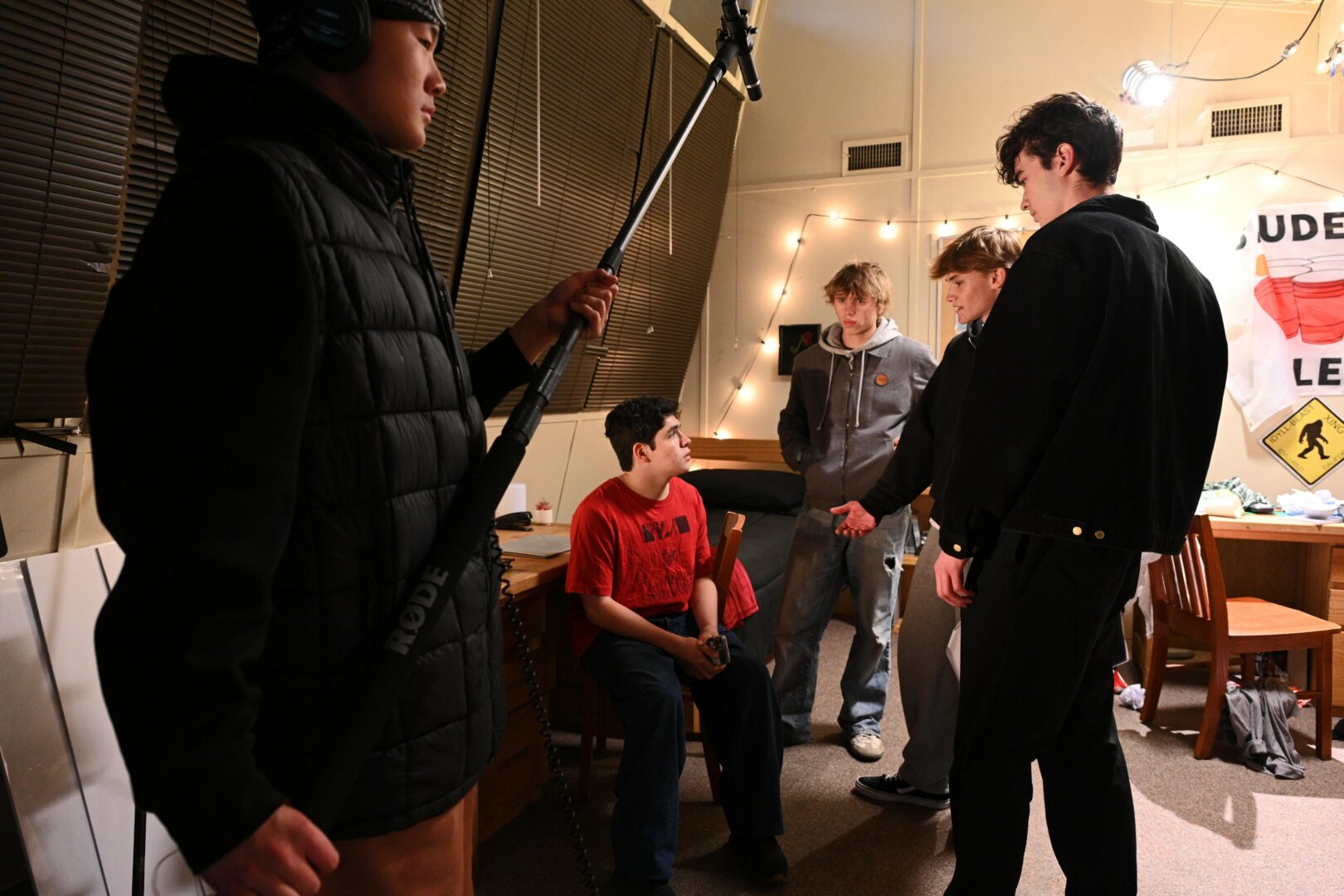
so if you or someone you know deserves recognition please let us know here.

